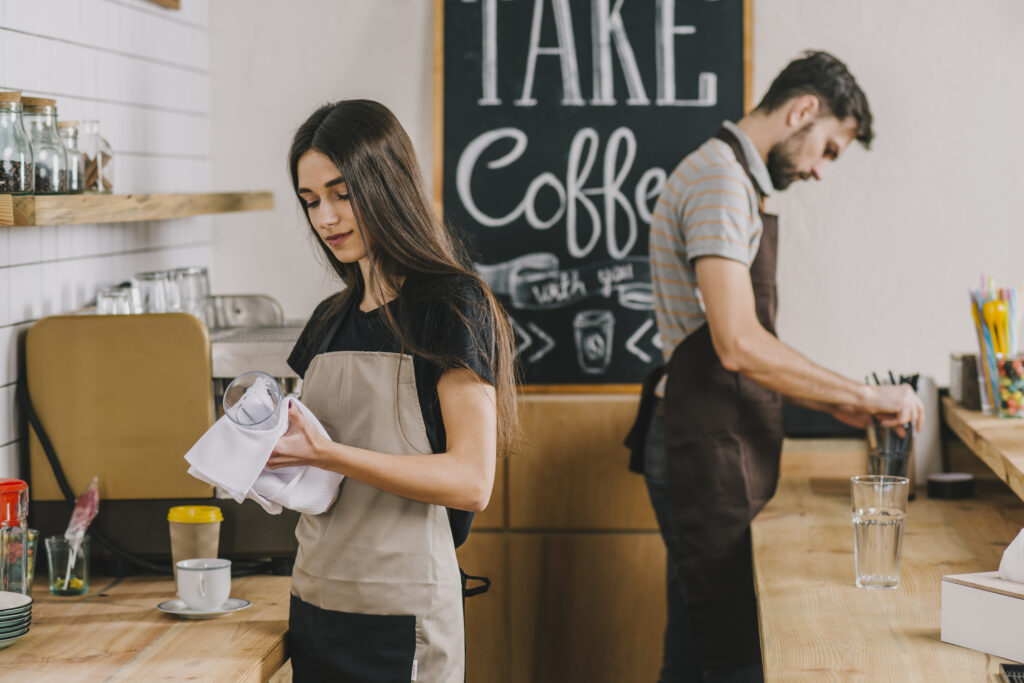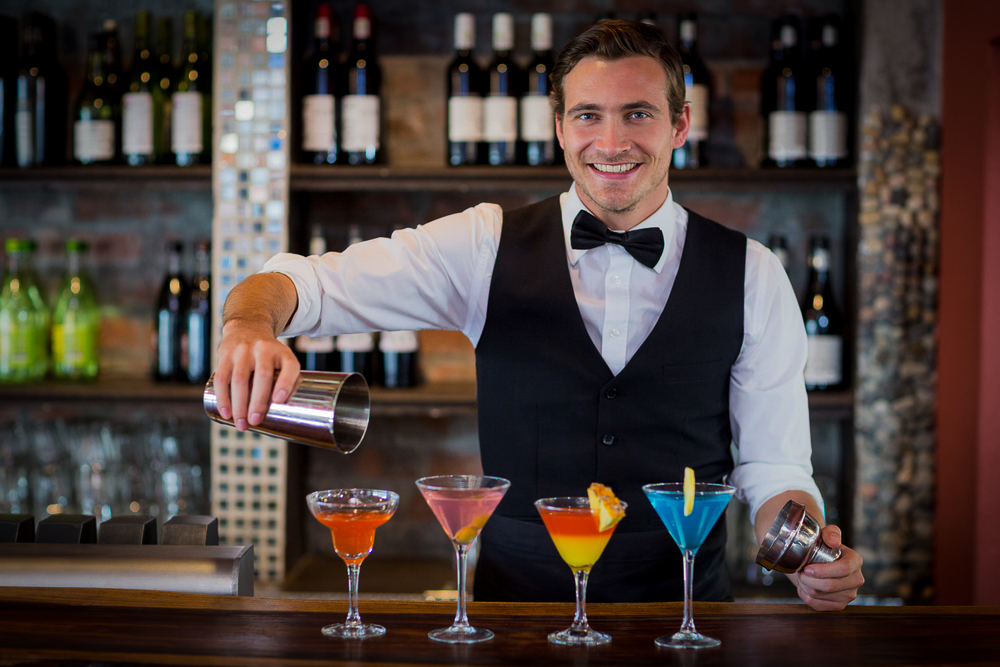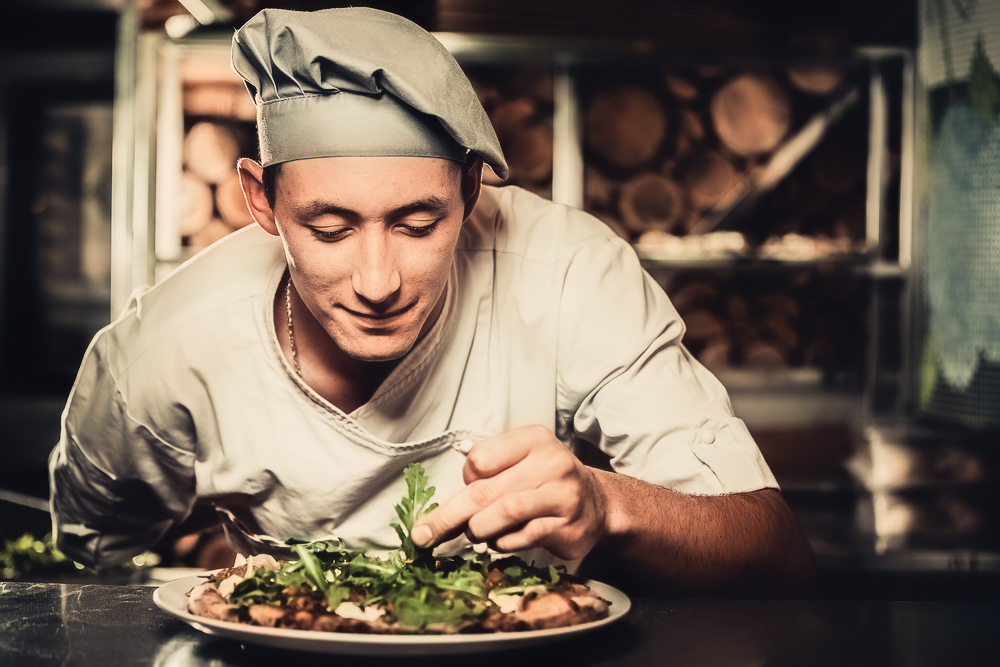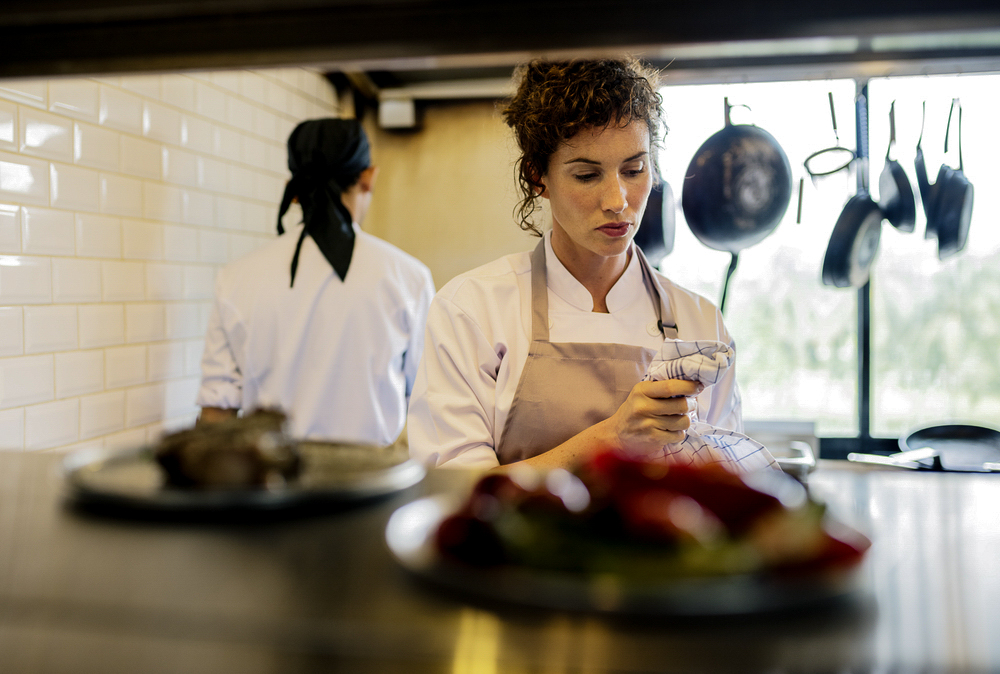
Securing a job interview for an advanced Barista role can be really exciting. However, hospitality is an industry where your skills, pace, and communication style are under the spotlight from the first question. Before putting your skills to the test, employers want to know exactly how you work, how you adapt to a new team and environment, and how you maintain quality during busy service periods.
Having completed a professional Barista course will give you the technical foundation, but what's equally important is knowing how to present your skill set convincingly to leave a lasting impression and secure a trial shift or a job offer.
Skills employers want to hear about
Many interviewers start by asking you to describe how you handle the machine. Be prepared to walk them through your process step by step. Key points to highlight include:
- Grinder calibration to keep espresso pouring within the correct time range
- Milk texturing for dairy and plant-based options, adjusting for foam stability
- Workflow efficiency so the bench stays organised and drinks keep moving
- Latte art fundamentals, such as hearts, tulips, and leaves
- Cleaning routines that prevent off-flavours and equipment faults
If you've built these skills through a professional Barista course and previous jobs, talk about how often you practised them and under what conditions.
Helpful Pointers for Coffee Job Interviews
Do cafés expect latte art skills for entry-level roles?
Yes. Especially in competitive coffee hubs like Melbourne, where a clean heart or tulip, poured under time pressure, can set you apart from other applicants.
How do I show I can handle rushes if I've never worked in one?
Highlight any training that mirrored busy service, such as timed practice, multiple orders on the rail, and keeping workflow tidy while moving quickly.
Should I mention other hospitality skills?
Definitely. If you can also manage a POS system, restock without slowing service, hold an RSA certificate, or liaise with kitchen staff, it adds significant value to your application and shows you can be relied upon beyond the coffee machine.
What if the café uses equipment I've never touched?
Explain how you’ve learned to adapt across different roles and venues, from adjusting to a new grinder burr set to handling different steam wand controls, and show that you’re confident in learning quickly.
What’s a good way to talk about mistakes in an interview?
Be honest but focused on solutions. For example, if a milk jug overheated, explain how you caught it, started again, and still kept the order moving without holding up the bench.
Should I talk about customer service or stick to coffee skills?
Bring both into the conversation. Employers value baristas who can greet customers warmly, explain drink options clearly, and still meet their targets behind the machine.
Common technical questions in café interviews
Interviewers often use practical questions to test your knowledge before they see you on the machine. Common examples include:
- How would you adjust a grind if a shot is too slow or too fast?
- What steps do you take to stop milk from overheating?
- How do you keep the bench clean during a rush?
- What's your process for maintaining latte art consistency in service?
Answer with specifics, linking back to how you learned these advanced Barista skills through a professional Barista course and previous work experience. Employers prefer applicants who can explain both the action and the reason behind it, showing understanding rather than memorisation.
Training conditions that prepare you for trials
Barista training at Coffee School is designed to replicate the demands of peak service. You’ll work in small groups, giving you more hands-on time with the machine and personalised feedback. Sessions cover order processing, timing coordination, and workflow management to prepare you for a smooth trial shift.
Booking a Barista Master Class lets you refine your skills further, build confidence, and recover quickly from minor errors without disrupting service flow.
Linking interview success to Barista training
When you can describe your past roles as a Barista with clear examples, it positions you as prepared and ready to contribute. Instead of listing tasks, explain how you’ve handled different machines, kept the bench running smoothly during a rush, and balanced speed with flavour. This tells the interviewer you can step into their team and meet their standards with minimal adjustment and no lengthy training period.
How do you show advanced Barista skills in interviews?
Employers like to test for speed, adaptability, and attention to detail. They might ask what you'd do if a shot pulls too fast, how you'd keep milk at the right temperature in a rush, or how you'd adapt to a new roast profile. This is where your advanced Barista skills can shine. Explaining the link between grind size, extraction rate, and flavour balance shows you understand the process in depth.
Showing adaptability in different venues
The Australian Government's Labour Market Insights states 119,400 bar attendants and baristas are working steadily across the hospitality industry, particularly in roles linked to tourism and events. This is why some interviews explore how you'd adjust to different settings, as serving coffee in an airport café, cruise ship lounge, or festival stall can mean new equipment, varied menus, and faster service speeds.
Adaptability also applies to how you read the room. You might need to match the formality of a corporate event, keep things upbeat in a busy tourist precinct, or slow the pace in a quiet neighbourhood café. Being able to adjust your tone, level of interaction, and service pace ensures that every customer leaves with a positive impression.
Apply your training to land the role you want
A professional Barista course at Coffee School equips you with the technical skills and workflow efficiency employers expect in senior hospitality roles. With training facilities in Melbourne, Sydney, and Brisbane, you gain nationally recognised certification and graduate with advanced Barista skills you can confidently present in any interview or trial shift. Enrol today and take the next step in your barista career.




